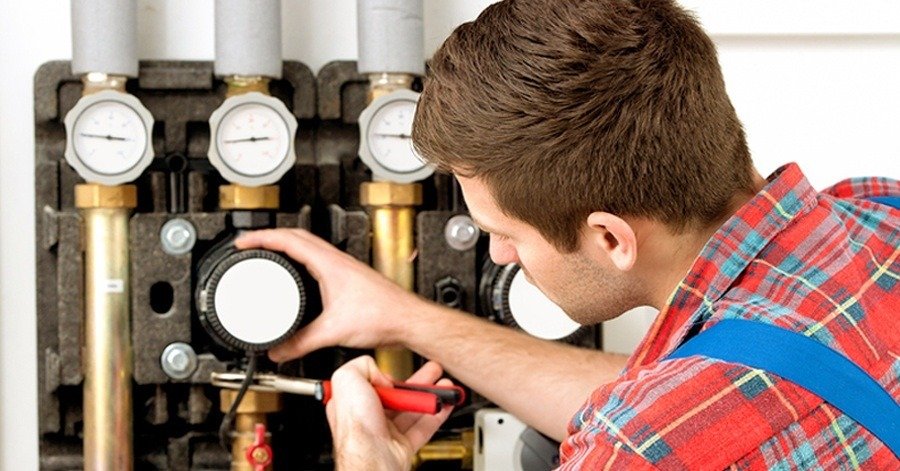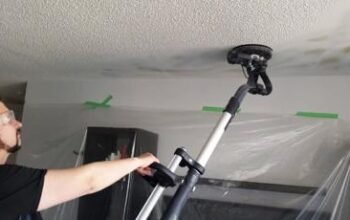Introduction:
Boilers are essential components in numerous industries and households, providing heat and hot water for various purposes. However, neglecting boiler maintenance can lead to inefficiency, breakdowns, and even safety hazards. To ensure your boiler operates smoothly and efficiently, regular maintenance is crucial. Here are the top 10 tips for effective boiler maintenance:
- Schedule Regular Inspections: Regular inspections by qualified technicians are essential for identifying potential issues before they escalate into major problems. Inspections should include checking for leaks, corrosion, and ensuring all components are functioning correctly.
- Clean the Boiler Regularly: Dirt, soot, and debris can accumulate inside the boiler, leading to decreased efficiency and potential damage. Regular cleaning of the boiler and its components, including burners, heat exchangers, and flues, is necessary to maintain optimal performance.
- Monitor Water Levels: Maintaining the proper water level in the boiler is critical for efficient operation and preventing damage. Low water levels can expose heating elements, leading to overheating and potential boiler failure. Regularly check water levels and ensure they are within the recommended range.
- Test Safety Controls: Boilers are equipped with various safety controls, such as pressure relief valves, temperature controls, and flame sensors, to prevent accidents and ensure safe operation. Regularly test these safety controls to verify they are functioning correctly and replace any faulty components promptly.
- Insulate Pipes: Insulating boiler pipes helps prevent heat loss and ensures efficient heat distribution throughout the system. Inspect insulation regularly for signs of wear or damage and replace as needed to maintain optimal efficiency.
- Check for Leaks: Even minor leaks in the boiler system can lead to significant energy waste and water damage. Regularly inspect the boiler and surrounding pipes for leaks, and repair them promptly to prevent further damage and maintain efficiency.
- Monitor Fuel Efficiency: Monitoring fuel consumption and efficiency is essential for identifying potential problems and optimizing boiler performance. Keep track of fuel usage and efficiency metrics over time, and address any deviations from expected values promptly.
- Conduct Regular Tune-Ups: Regular tune-ups by qualified technicians are essential for ensuring the boiler operates at peak efficiency. Tune-ups may include adjusting burner settings, cleaning components, and calibrating controls to optimize performance and reduce energy consumption.
- Implement a Maintenance Schedule: Developing a comprehensive maintenance schedule outlining tasks, frequencies, and responsible parties is crucial for staying on top of boiler maintenance. Regularly review and update the maintenance schedule as needed to reflect changes in operating conditions or equipment.
- Train Personnel: Properly trained personnel are essential for effective boiler maintenance and safe operation. Ensure all staff members responsible for boiler operation and maintenance receive comprehensive training on safety procedures, maintenance tasks, and emergency protocols.
Conclusion: Effective boiler maintenance is essential for ensuring efficient operation, preventing breakdowns, and prolonging the lifespan of the equipment. By following these top 10 tips for boiler maintenance, you can optimize performance, reduce energy consumption, and minimize the risk of costly repairs or accidents. Remember to prioritize safety and compliance with regulations throughout the maintenance process to ensure the wellbeing of personnel and the environment.




